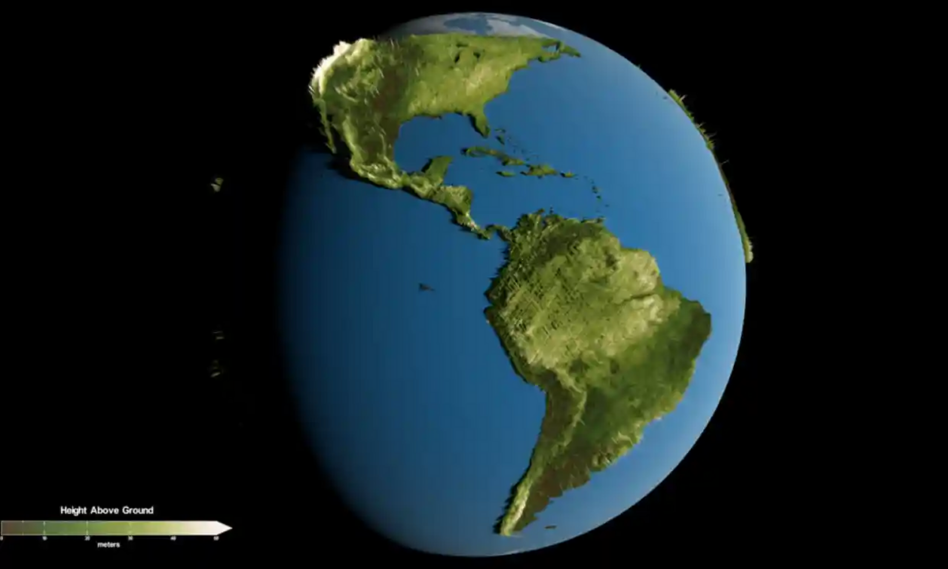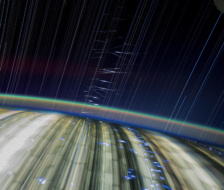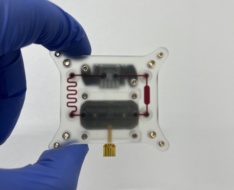Climate scientists are asking NASA to extend the lifetime of the Global Ecosystem Dynamics Investigation (GEDI) sensor, a project on the ISS that provides vital forest health tracking information, The Guardian reports. The $150M sensor has been attached to the ISS since April 2019. It’s scheduled to be deorbited next January.
GEDI: The sensor, developed by University of Maryland researchers, uses LiDAR—Light Detection and Ranging—to collect information about the world’s forests. GEDI is the first tool that’s used to measure the height, shape, and health of trees in the world’s forests via satellite. LiDAR data provides vital insight into carbon and water cycling processes, filling an important gap in our climate understanding.
- Data from GEDI has indicated that much more carbon may be stored on land than scientists previously anticipated.
Why extend the mission? GEDI researchers at U. Maryland say the sensor is still collecting vital forestry information that’s not available elsewhere. They hope to prolong the mission so that the data can be calibrated with additional climate- and forest-monitoring missions scheduled for launch within the decade.
GEDI has also provided some accountability for the 142 countries that signed on at COP26 to halt and reverse deforestation. “Every country can come up with its own definition of a forest,” Inge Jonckheere, the UN Food and Agriculture Organization’s head of remote sensing and climate change, told The Guardian. “Countries can just fill in numbers and then everybody has to take them as the truth. But with satellites, we can check them.”
Over to NASA…It seems unlikely that the agency will extend the mission. NASA told The Guardian that the sensor’s lifetime has already been extended once and that another sensor is set to replace GEDI next year.




